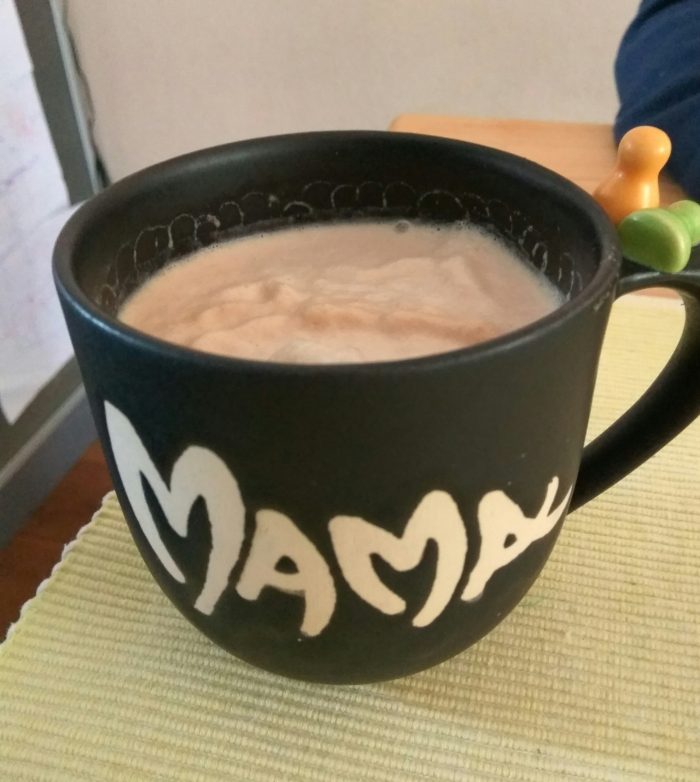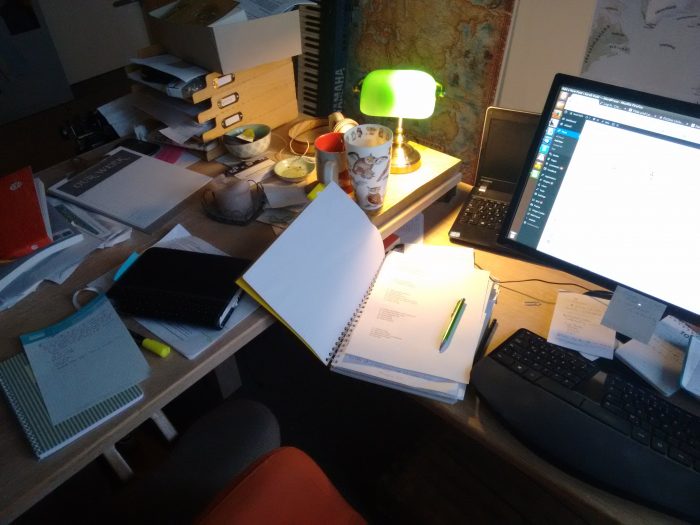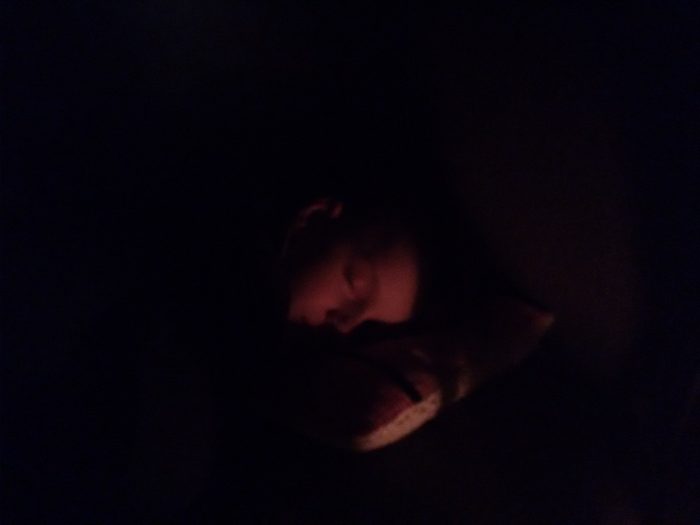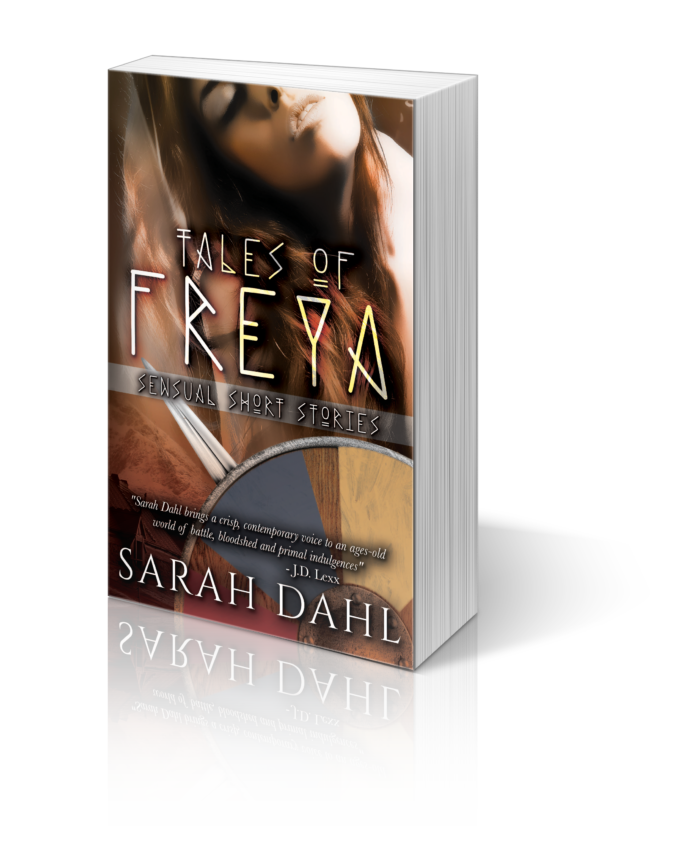The gut is your colleague, parents and writers!
Mother’s instinct vs. writer’s instinct
As a mother AND writer I am truly grateful for my gut agreeing to help me with both.
Parenting AND writing. Because:
A child is like a story, and the story is your child
I think the first is more straightforward, though. After years of raising two kids, one of which is prone to brief hospital stays for infections or injuries, I developed this instant instinct with both kids: is this serious? Will they live or need a helicopter lift? With my son there have been many incidents, which taught my gut to develop a certain first reaction.
The very first was when he was over two years old, and we woke for some reason (another instance of gut?), and my husband found Finian in a seizure, drivel in the corner of his mouth, unconscious, pale. I’ll never forget my husband’s panicked yell at me to call an ambulance, NOW! With shaking hands and voice I somehow managed to explain what was going on, while eyeing son and father, who was frantic, desperate, but helpless. He seriously thought our child was dying. It was the most horrible experience I can recall … but the panic was worse than the actual illness.
AND: When I sat there with the receiver in hand, listening to the operator asking me calmly what was going on, I suddenly remembered snippets from a first-aid course. That there’s this nasty thing called febrile seizure and that it looks so much more dangerous than it is. I couldn’t think straight at the time, but something in my gut moved, calmed me, whispered it was gonna be alright. Just like the operator voiced then.
And when the ambulance was there, our son was already back with us. He was exhausted, sweaty, pale, and crying, but he had come to, and I knew he’d be okay. The doctor’s transferring him to hospital for checks almost felt exaggerated for me then. My gut had become impatient by then, already sensing the outcome, hehe.
The gut: soothing voice – or siren
From then on, I decided my gut had the answers if I listened closely. And so far, it didn’t fail me: whenever one of the kids fell off a ladder, had a fever, stomach bug or headache, when I treated wounds or eye infections – I could rely on my gut feeling to tell me if we needed help or not. As a parent, you develop this special sense for a change in behaviour and appearance. Now, when I’m there to observe, I listen to my gut before I act. Of course, when in doubt, which isn’t often, I ask a doc nonetheless. And the worst situations are when I am not there to assess what happened, and people make me panicky over the phone … I need to see myself.
Last week, when an entire horse stepped on my daughter, my gut stayed calm – and was right. While husband and friend freaked out as they saw her lying there, under the hooves, I was like, get up, girl, you were incredibly lucky. She had fallen off but landed on her side, and I had seen how the horse didn’t put weight on its forehoof, but stepped back off her chest fast enough to not seriously hurt her. The animal was great – and we were lucky. Of course, Fiona was shocked and cried a lot, but during soothing her I listened inside me and knew: she was okay, really. You have these little sirens going off otherwise. We didn’t need a helicopter or even a doc. She had a scratch and bruises, but otherwise was her perfect little self after a nap and drink.
So what has this (parenting) got to do with that other part of me (work) – the writer part?
Stories are babies, too, but you can let them die 😉
I believe writer’s guts work like maternal guts … because they evaluate the same thing: YOUR BABY.
What else is a story you conceived, carried, birthed, and then raise until it’s ready to face the world on its own?
So while writing, but even more so when editing, I listen to myself. I sense, even subconsciously, when there’s something wrong in what I produced. Often I can’t pinpoint it exactly or straight away, but this inner siren goes off when something isn’t working as it should be. This is one reason why, with more experience, I don’t use any more writing advice blogs or otherwise technical approaches to the craft (other than tools like story arcs etc.). I only use tools to plot and edit with a plan, but not to diagnose or “heal”. For this, I let the gut speak.
Maybe it is the sign of a more experienced writer then, to be able to rely on gut instinct when it comes to writing … just like my gut for my children didn’t come with their birth, but over the years. I was a very insecure mother at first! Just like with writing. But now: just one look, and listen, and I’ll know what needs to be done.
When editing, my gut can do strange things at certain points in the story, or even in a more general way, when it needs something else. It may take a while to put my finger on it and to know what to do … but in the end the gut is always right: when my beta-readers agree, or point out the same problem. Or suggest similar answers to the ones I had in mind. If the gut is silent, the work is good. Otherwise, there’d be this pang of “we need an ambulance, or at least a doctor here …”
Or even: let it die, there’s nothing left to save this story. 😉
Because: whenever I tried to revive a story that had truly derailed or was over-edited, I failed. I worked to a point when I hated the thing. So: trust your gut. If there’s a solution, do it. If there’s only chaos and panic … maybe let it die – or at least rest long enough so that you can asses its chances of survival.
Talking like the mum-story-doc now.
And you? Let’s hear it: are you a parent and how does the gut help? Did you have these situations when you instantly knew, without having to hear specialists? And for your work: do you trust your gut there, too, as many creative people do, or do you work more rationally, with plans and lists or whatever?
I’m curious to find out how your guts work, so please let us hear it in the comments!










Comments (0)